Black Awareness Day is celebrated next Monday, November 20th. The date was created to remember the struggles of black movements and strengthen the fight against racism. Zombie dos Palmares, leader of Quilombo dos Palmares and symbol of resistance, he was killed on this date in 1695.
Throughout the month of Black Consciousness, several issues are rekindled in social debates, such as the fight against racism and the adoption of anti-racist practices in the most diverse social environments.
Brasil Escola spoke with education professionals who suggest seven books with anti-racist guidelines.
Read too: The importance of anti-racist practices in schools
7 books with anti-racist guidelines
Check out seven books with anti-racist themes below:
1) The ballerina who painted her sneakers - Ingrid Silva
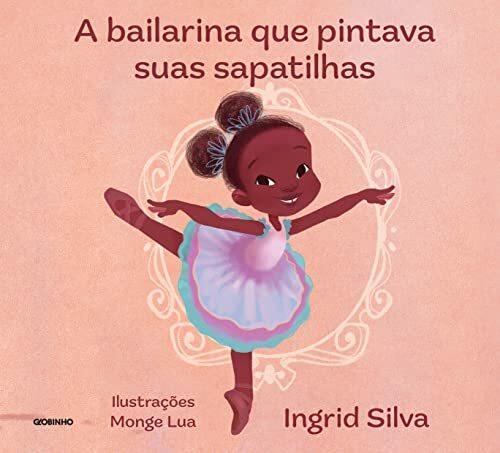
Credit: Disclosure / Amazon.
Guilherme Carvalho, LIV professor at Colégio Anglo Chácara Santo Antônio, recommends the book "The ballerina who painted her shoes", by Ingrid Silva. Check out the educator's comment on the work in the video below:
2) Eviction Room: Theater - Edy Lima
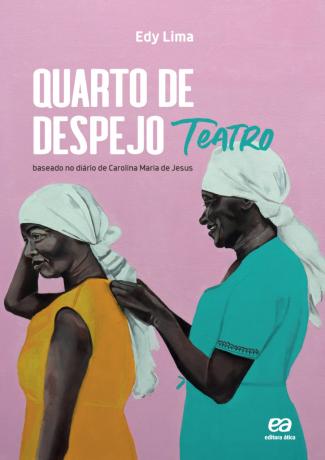
Credit: Disclosure.
The book "Eviction Room: Theater", by Edy Lima, is an adaptation of the work by Carolina Maria de Jesus. The author transforms Carolina's famous diary into a theatrical play, and with that, explores the richness of the narrative from another format, says Cintia Magrini, business partner at SOMOS Educação.
Carolina Maria de Jesus was a black woman who lived in the Canindé favela, in the city of São Paulo, in the 1950s. She worked as a garbage collector and reported on notebook paper, in a diary, the most diverse experiences of her reality.
According to Magrini, Edy Lima's work translates into its pages the "vast Brazilian diversity and instigates debate on issues of class, race and gender".
"It is important, especially for children and young people, that black people see themselves in these stories, sharing their pain and anguish, but also celebrating their culture and ancestry. For a long time, people like Carolina were made invisible in Brazilian literature, a scenario that seeks to be combated through publications like these"
Cintia Magrini
3) Teaching to transgress - bell hooks
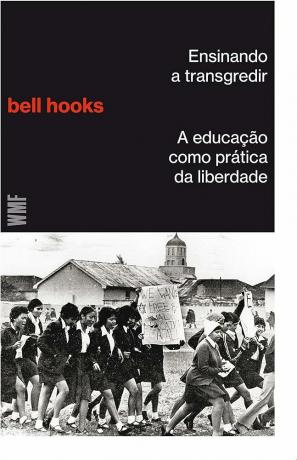
Credit: Disclosure.
"Teaching to transgress", by bell hooks, addresses education as a practice of freedom and is a suggestion by Clarrisa Lima, pedagogical advisor at Plataforma Amplia. The work, according to the professional, "translates what it means to think about the school curriculum from a multicultural perspective". It is with this vision that it is possible to "glimpse" which groups are historically subordinated, says Lima.
The author of the book has as a reference the liberating education by Paulo Freire. Clarissa Lima recommends the book because it provides a reflection on teaching practices in a multicultural reality.
4) Olhos d'Água - Conceição Evaristo
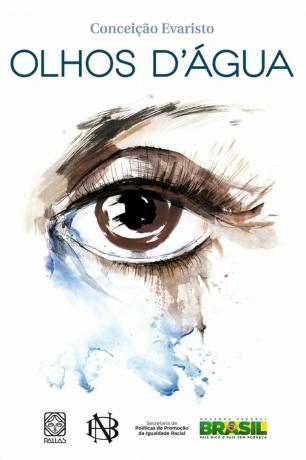
Credit: Disclosure.
The work "Water Eyes", by Conceição Evaristo, is recommended by Joice Seles, librarian at Colégio Anglo Alante São José dos Campos. The book was among the mandatory readings for the 2024 Entrance Exam at the State University of Campinas (Unicamp).
In the book, the reader will find a collection of fifteen short stories with profound themes, focusing on the Afro-Brazilian population. The subjects allow for reflection, since they are narratives that deal with "social dilemmas, urban violence, human sensitivity, and also the feminine", says Joice.
5) Crooked Plow - Itamar Veira Junior
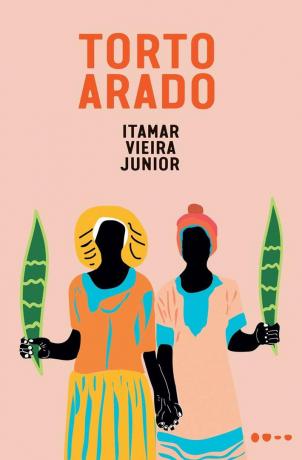
Credit: Disclosure.
According to Débora Hott, Portuguese language teacher at Colégio Anglo Alante São José dos Campos, "Crooked Plough" by Itamar Vieira Junior, is a work that deserves to be read. The reason given by the educator is that the book has a "unique ability to intertwine the richness of Brazilian culture with a profound critique of social and racial inequalities".
Do not stop now... There's more after the advertising ;)
6) 1808 - Laurentino Gomes

Credit: Disclosure.
With the presentation of historical, political and social events in Brazilian history, the work by Laurentino Gomes entitled "1808", contributes to understanding the dimension of the process of enslavement in Brazil.
Recommended by pedagogue Deborah Francischeli, pedagogue and general director of the Evidente Course, the work shows the consequences of slavery for the development of structural racism, "so present in our society".
7) The hate you sow - Angie Thomas
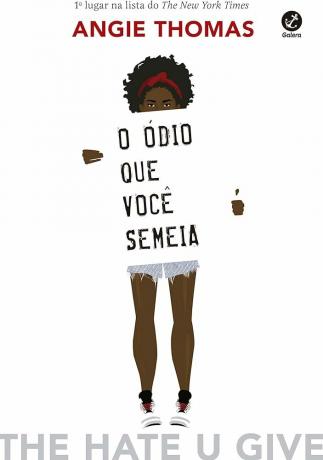
Credit: Disclosure / Amazon.
The work of fiction "The code you sow", written by Angie Thomas, portrays the life of a teenager who witnesses a police murder. The book addresses racial injustice, activism and the issue of identity.
See too: What is racism, causes and consequences
By Lucas Afonso
Journalist


